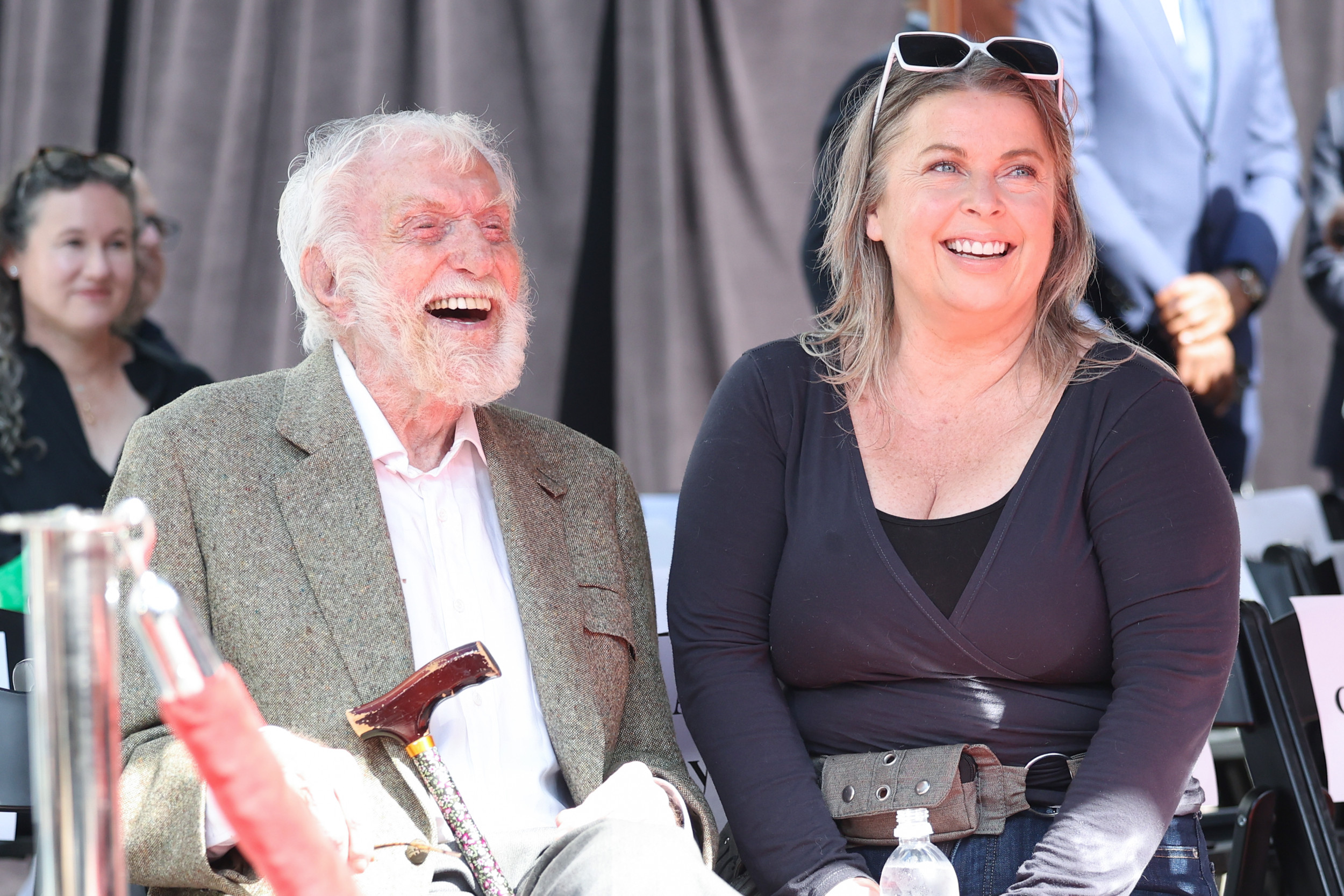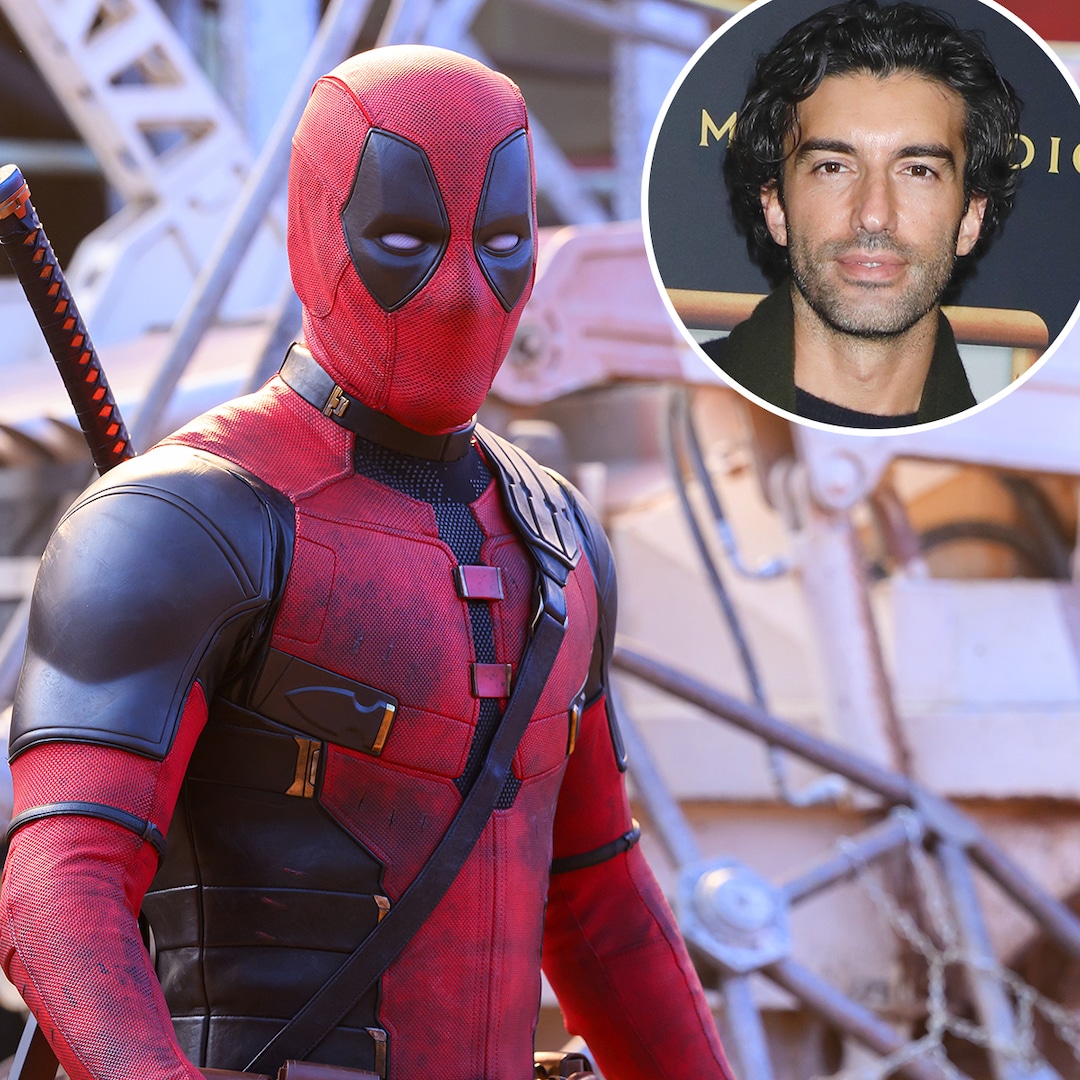South Korea's President arrested after tense stand-off triggering rival protests
Yoon Suk Yeol could be detained for several weeks after his high-profile arrest, which has thrown the country into turmoil.

Yoon Suk Yeol, South Korea's President, was detained today (Image: GETTY)
South Korea’s impeached President Yoon Suk Yeol has been detained - but defiantly insisted the anti-corruption agency lacked the authority to investigate him.
The large-scale operation took place at the presidential compound today (Wednesday) with Yoon saying he he complied to avoid violence.
In a video message recorded before being escorted to the anti-corruption agency’s headquarters, Yoon said: “The rule of law has completely collapsed in this country".
Yoon, the first sitting South Korean president to be apprehended, had been holed up in the Hannam-dong residence in Seoul for weeks, vowed to “fight to the end” efforts to remove him.
He justified his martial law declaration on December 3 as a legitimate act of governance against an “anti-state” opposition using its legislative majority to block his agenda.
The Corruption Investigation Office for High-Ranking Officials stated Yoon was taken into custody five hours after investigators arrived and three hours after they gained access to his residence on their second attempt to detain him for imposing martial law.
A convoy of black SUVs with sirens was seen leaving the presidential compound under police escort. Yoon later exited a vehicle after arriving at the agency’s office in Gwacheon. After questioning, he was expected to be transferred to a detention centre in Uiwang, near Seoul, the country's capital. He could be held for several weeks.
READ MORE: Rachel Reeves on the brink as Nigel Farage says Chancellor's days are numbered
South Korean president impeached after martial law protests
The anti-corruption agency, working with the police and military to determine whether Yoon’s martial law declaration constituted rebellion, has 48 hours to seek a formal arrest warrant. Without it, Yoon must be released, but if approved, investigators can hold him for up to 20 days before referring the case to prosecutors.
Yoon remained silent during the first two hours of questioning, according to the agency.
The Seoul Western District Court issued Yoon’s detainment warrant, citing evidence that he acted as a “ringleader of a rebellion”.
Yoon’s powers were suspended when parliament impeached him on December 14. The Constitutional Court will decide whether to remove him from office or reinstate him.
As investigators moved in they faced a standoff at the compound’s gates with security forces.
Yoon Suk Yeol's supporters staged angry protesters as he was detained (Image: GETTY)
Police officers used wire cutters to remove barbed wire placed by security around the compound and climbed over barricades of buses. Eventually, investigators reached the main gate near Yoon’s residence, where some officers entered a side door accompanied by one of Yoon’s lawyers and his chief of staff. Security later removed barricading vehicles from inside the gate.
Despite the warrant, the presidential security service claimed it was obligated to protect Yoon and fortified the compound with barriers and barbed wire.
Acting leader Deputy Prime Minister Choi Sang-mok urged all sides to avoid violence.
After Yoon’s detention, Choi met G7 diplomats, including representatives from the United States and EU, to reassure them of the government’s stability.
Opposition Democratic Party leader Park Chan-dae called Yoon’s detention a “first step toward restoring democracy and the rule of law".
The National Police Agency planned the operation in coordination with local commanders, with speculation that over a thousand officers were involved. They warned that obstructing the warrant could lead to arrests of presidential bodyguards.
Yoon’s lawyers challenged the warrant, claiming it violated laws protecting military secrets and exceeded the agency’s authority.
In a pre-recorded video, Yoon denounced the warrant as invalid and claimed his compliance aimed to prevent “unfortunate and bloody incidents".
Invalid email
We use your sign-up to provide content in ways you've consented to and to improve our understanding of you. This may include adverts from us and 3rd parties based on our understanding. You can unsubscribe at any time. Read our Privacy Policy
Don't miss...Impeached president to get pay rise as he resists arrest after martial law [INSIGHT]North Korea’s Kim Jong Un issues warning to as huge new weapon fired 932 miles [ANALYSIS]North Korea tensions ramp up as hermit country 'fires hypersonic missiles' [PICTURES]
Officials from the Corruption Investigation Office for High-ranking Officials (CIO) (Image: YONHAP/AFP via Getty Images)
Both supporters and opponents of Yoon held rival protests near the residence, with thousands of officers monitoring the tense situation.
Yoon’s martial law declaration briefly deployed troops to the National Assembly on 3 December but was overturned hours later by lawmakers who voted to impeach him on rebellion charges on December 14.
The Constitutional Court opened its impeachment case yesterday (Tuesday), though Yoon refused to attend. A follow-up hearing is scheduled for tomorrow (Thursday).
The White House National Security Council reaffirmed its support for South Korea’s rule of law and alliance with acting leader Choi’s government.
Supporters of impeached South Korean President Yoon Suk Yeol stage a rally to oppose his impeachment (Image: AP)








:max_bytes(150000):strip_icc():focal(698x257:700x259)/celine-dion-011525-1-e6dbfbd1bae04e9c8c8d76b1720b18b2.jpg)








